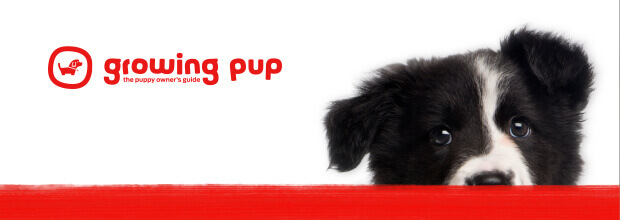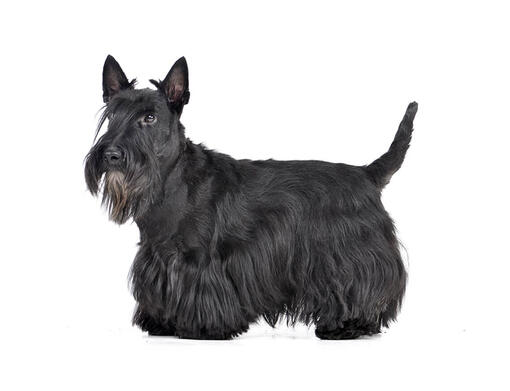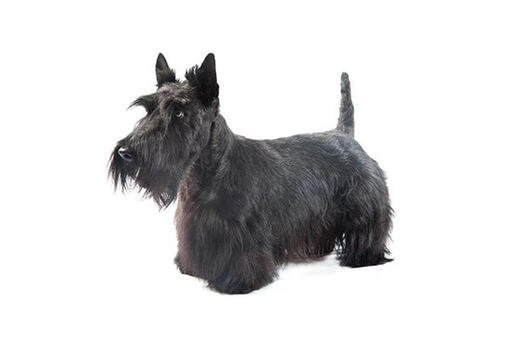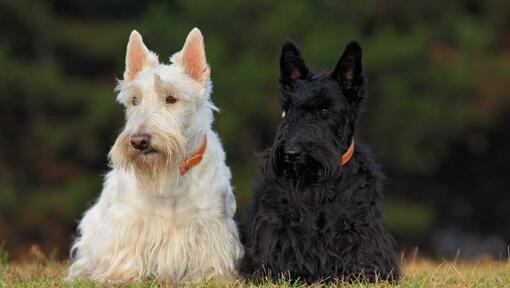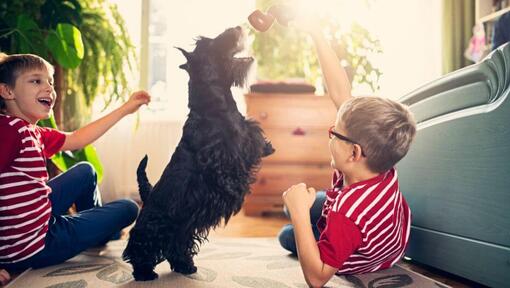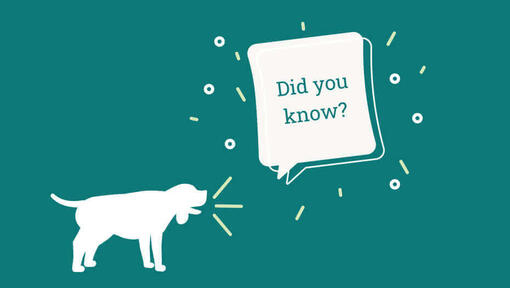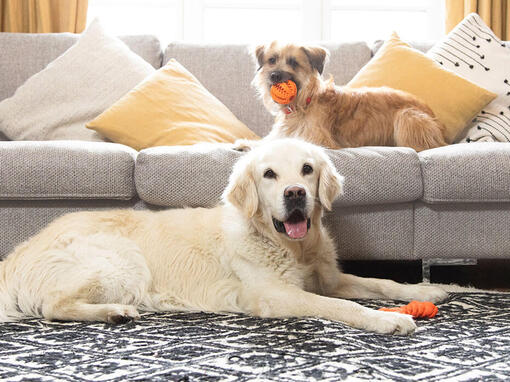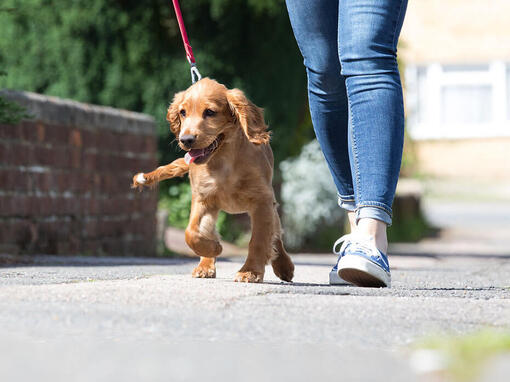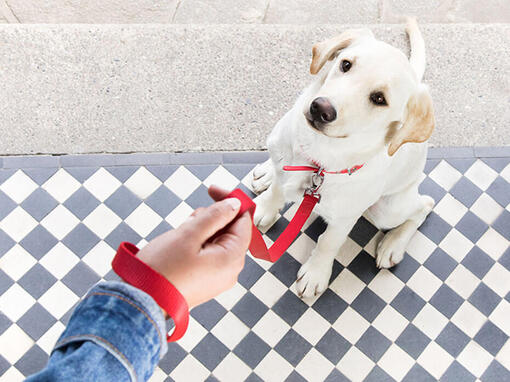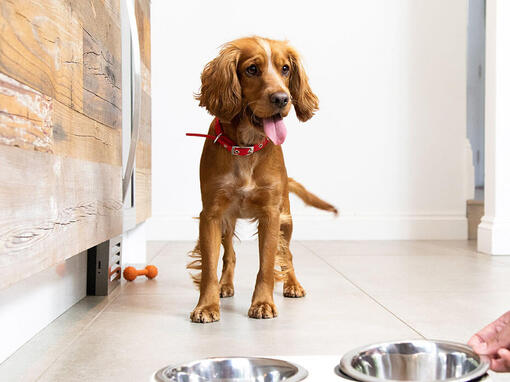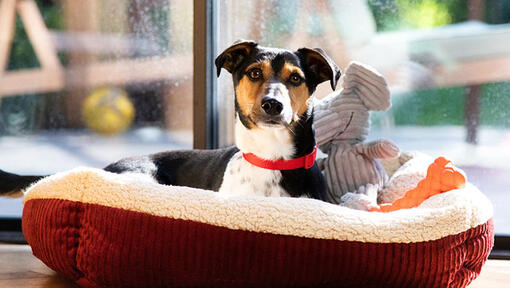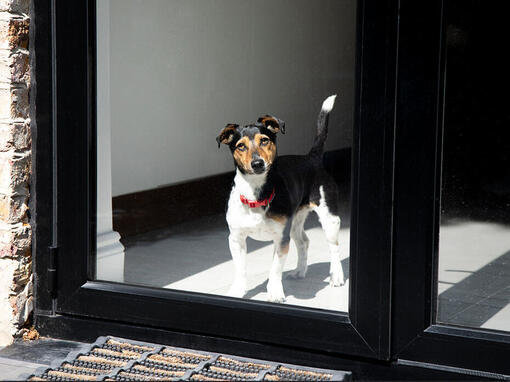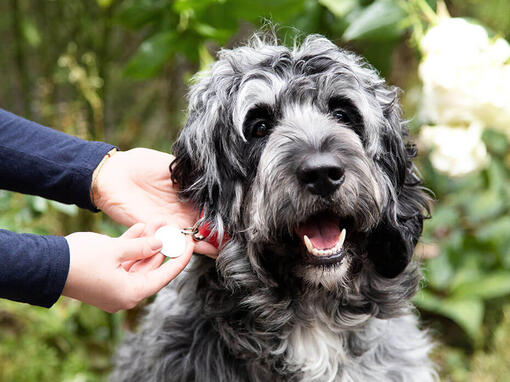Affectionately called the “Scottie,” the Scottish Terrier is a compact, sturdy vermin hunter noted for having short legs and a shaggy beard. Charming and gentle, he takes pride in being a beloved pet and loves to be near his human companions. The playful, spirited Scottish Terrier needs plenty of leashed walks or fenced exercise. His hard, dense coat requires brushing twice a week and clipping every other month.
DID YOU KNOW? Breeder John Naylor imported the first two Scotties, “Tam Glen” and “Bonnie Belle,” in 1883 to the U.S. The Scottish Terrier is the only breed to live in the White House under three presidents. Franklin D. Roosevelt owned a male named “Fala,” Dwight D. Eisenhower had two Scotties called “Caacie” and “Telek,” and George W. Bush owned a male named “Barney.” King James VI was a big fan of the Scottish Terrier, thus the breed became popular in Scotland during his reign.
ALSO KNOWN AS: Aberdeen Terrier, Scottie


